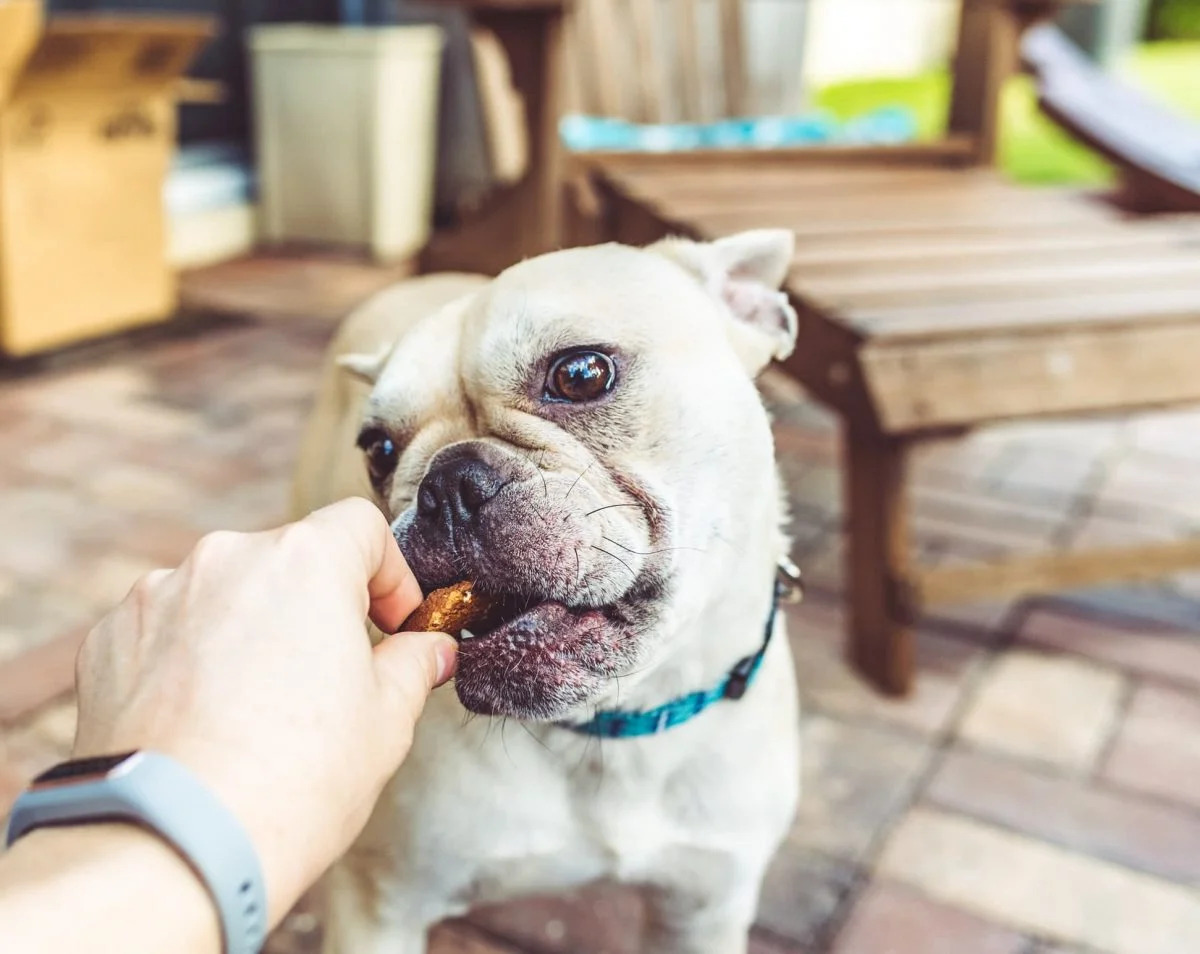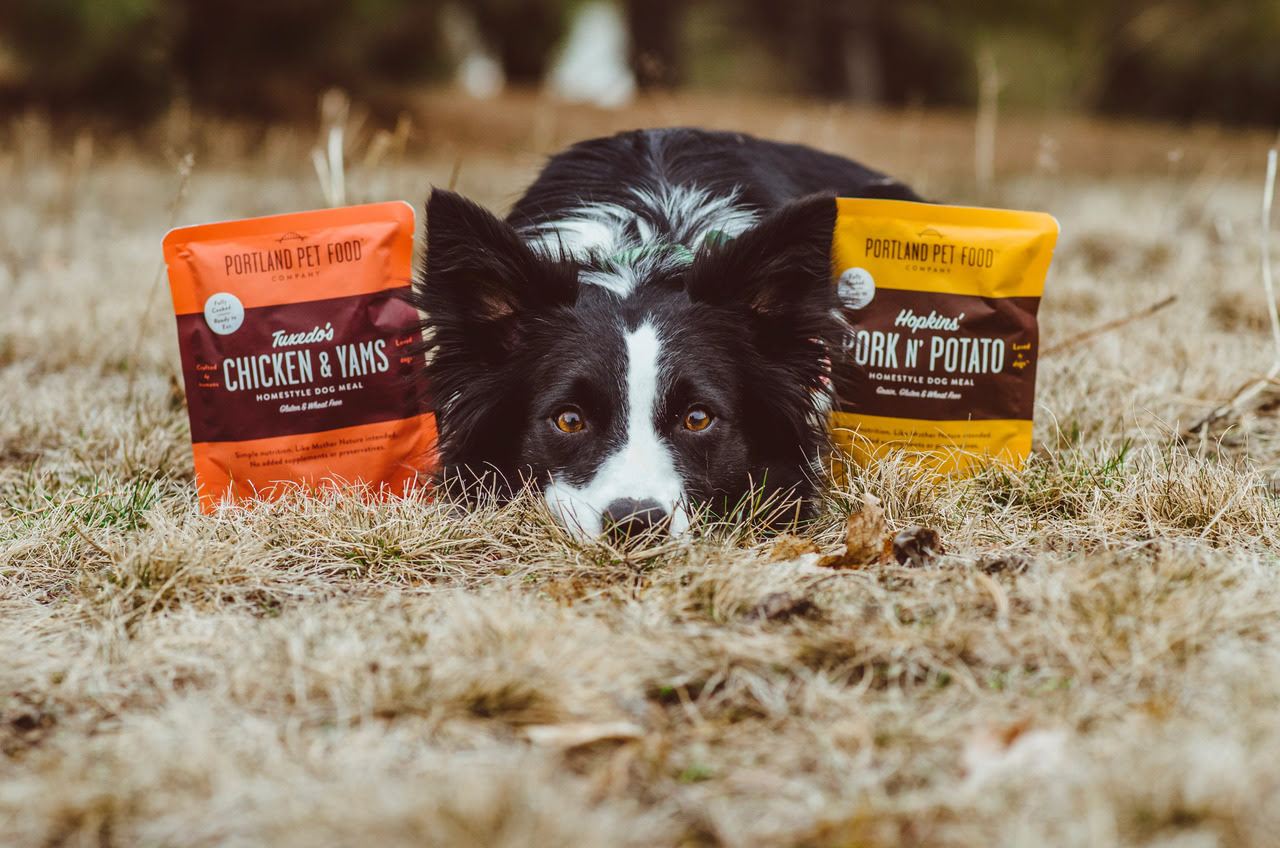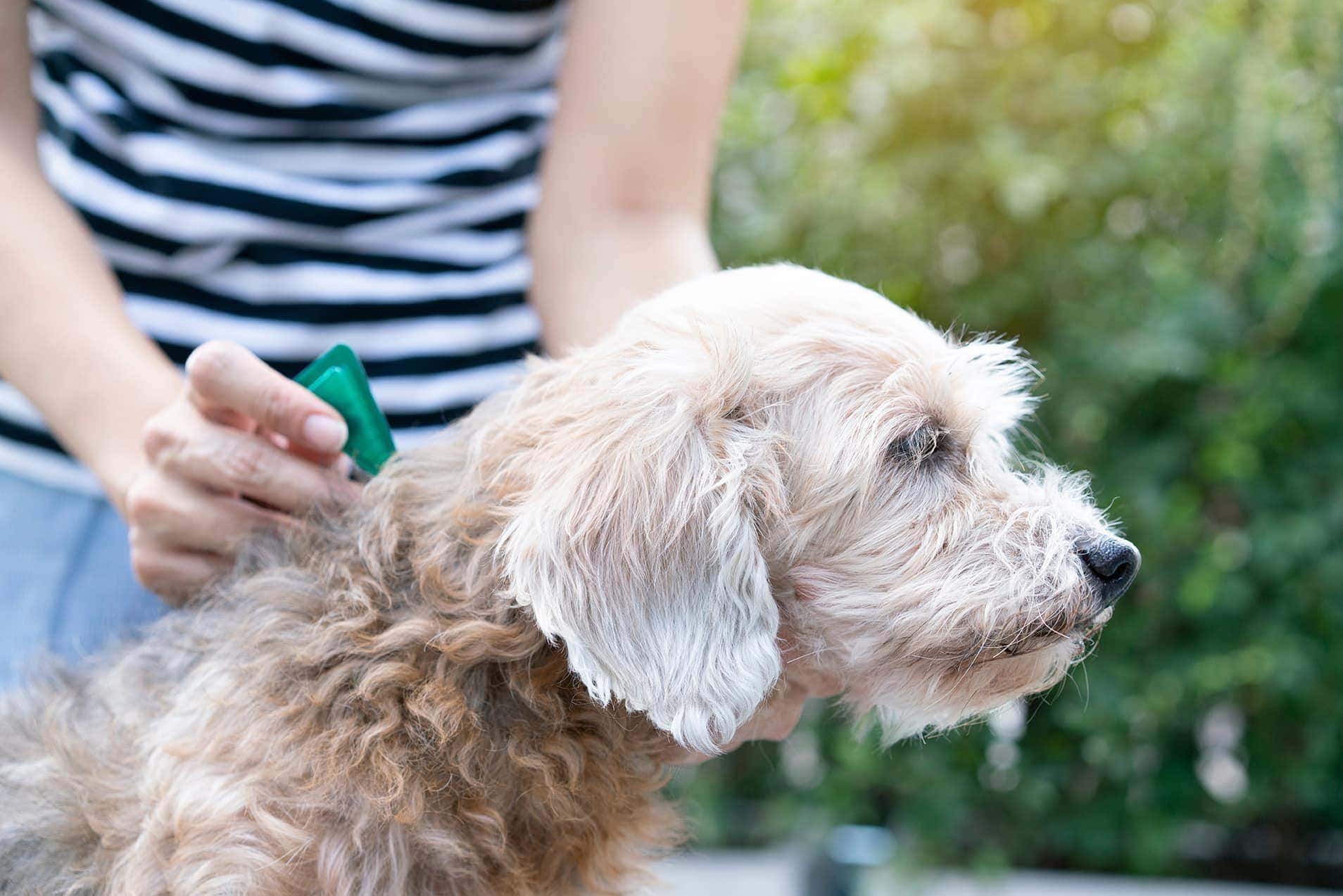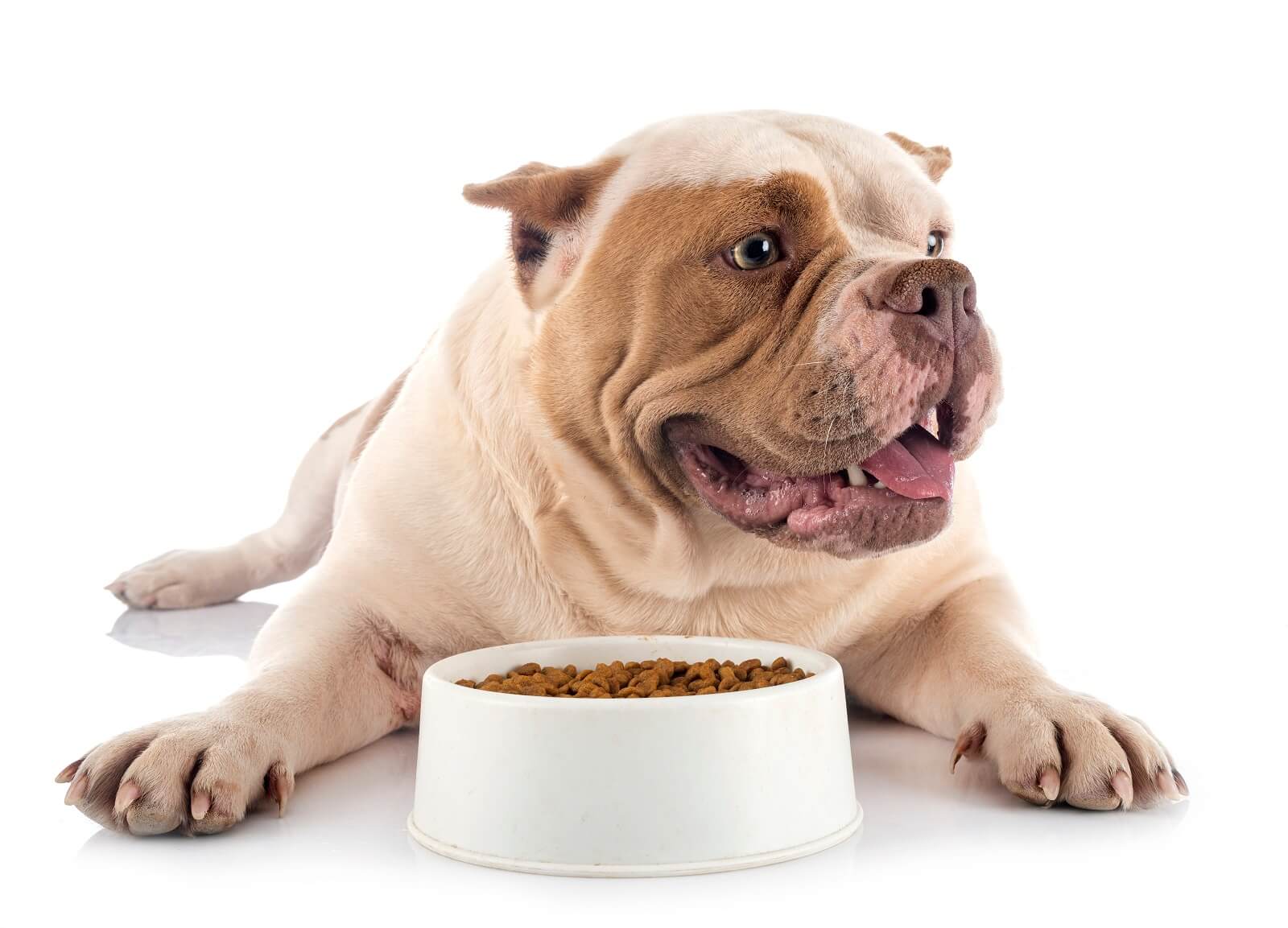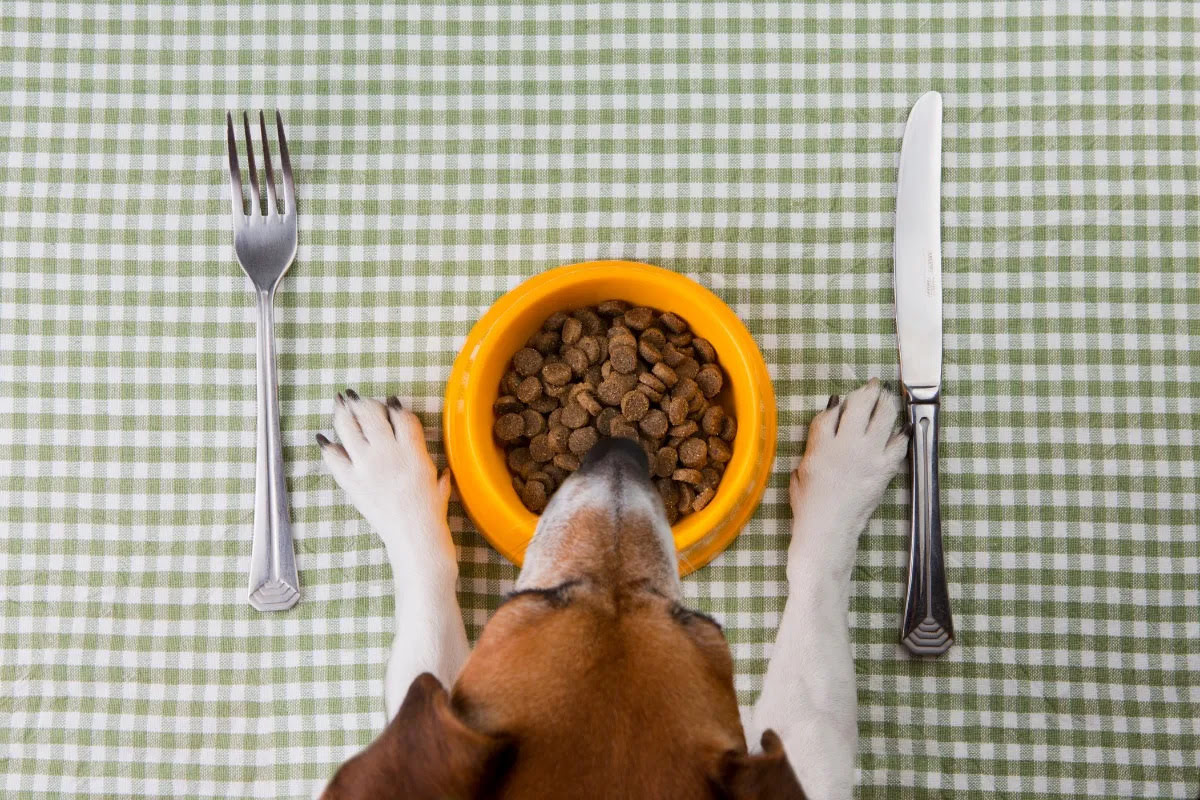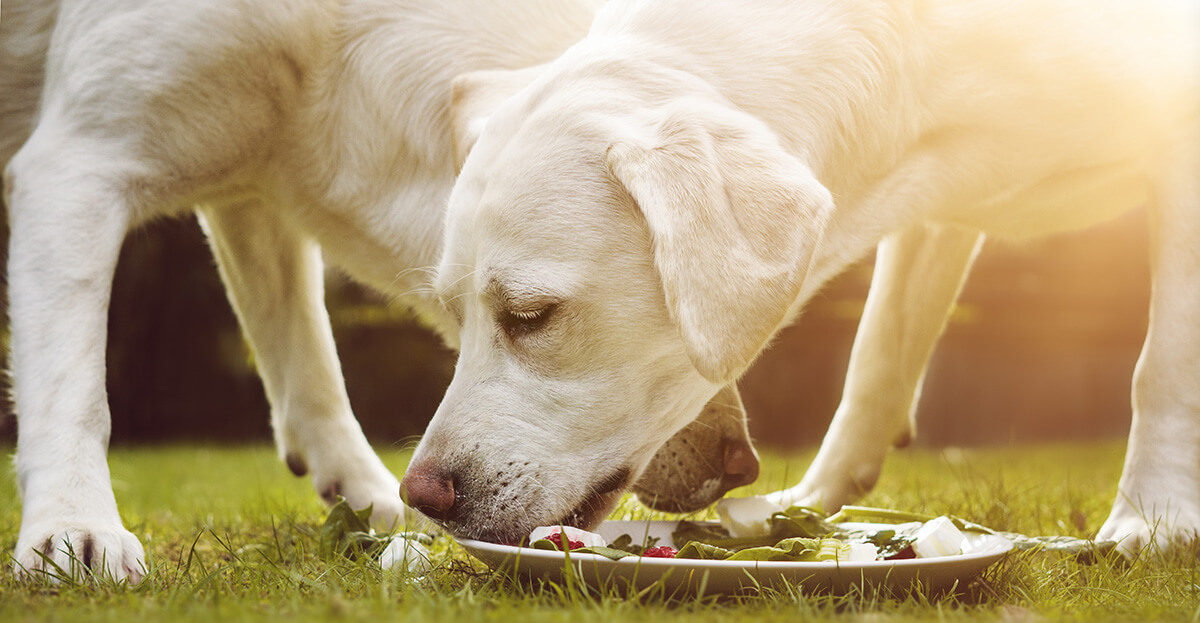Home>Health & Wellness>Nutrition & Diet>Specialized Diets>Tailoring Nutrition for Your Diabetic Dog: A Guide to Diet and Treats


Specialized Diets
Tailoring Nutrition for Your Diabetic Dog: A Guide to Diet and Treats
Modified: February 21, 2024
Keep your diabetic dog wagging their tail in joy by providing them with a diet tailored for their condition. Learn the fundamentals of nutrition and treats here!
(Many of the links in this article redirect to a specific reviewed product. Your purchase of these products through affiliate links helps to generate commission for Pawsomeoldies.com, at no extra cost. Learn more)
For pet owners, managing a diabetic dog’s diet is a crucial aspect of their care. Understanding the right balance of nutrients and treats can make a significant difference in your dog’s health and happiness. In this guide, we’ll explore how to create a diet that supports your diabetic dog, ensuring they continue to wag their tail with joy.
The Cornerstone of Diabetic Dog Care: Diet
When it comes to managing diabetes in dogs, diet is the foundation. A consistent, well-balanced diet not only helps in regulating blood sugar levels but also contributes to overall health. The key is to provide a diet that’s high in fiber and low in fat.[1]
Understanding the Nutritional Needs
Diabetic dogs benefit from a diet that has:
- Moderate to High Fiber: Fiber slows the absorption of glucose into the bloodstream, helping to stabilize blood sugar levels.
- Low Fat: Reducing fat intake is essential, especially if your dog is overweight, which can exacerbate diabetes.
- Complex Carbohydrates: These are absorbed more slowly than simple sugars, preventing spikes in blood sugar.
The Role of Protein
Protein is an essential part of a diabetic dog’s diet. It provides energy and helps in muscle maintenance without significantly impacting blood sugar levels. Opt for high-quality protein sources that are easily digestible.
Treats: A Delight with Caution
Treats are an important part of your dog’s life, but for diabetic dogs, they need to be chosen carefully. Treats should be:
- Low in Sugars and Carbohydrates: Avoid treats with added sugars or high carbohydrate content.
- Healthy and Natural: Opt for natural treats like small pieces of vegetables or fruits that are safe for dogs, such as carrots or apples.
The Importance of Consistency
Feeding your diabetic dog at the same times each day and in consistent amounts is vital. This regularity helps in maintaining stable blood sugar levels and makes it easier to manage insulin therapy.
Exercise: An Integral Part of the Regimen
Regular exercise is crucial for diabetic dogs. It helps in weight management, improves insulin sensitivity, and aids in overall health. Establish a consistent exercise routine that suits your dog’s age and physical condition.
Monitoring and Adjustments
Regular monitoring of your dog’s blood sugar levels is essential. This will help you and your vet make necessary adjustments to the diet and insulin therapy as needed.
Creating a Supportive Environment
Managing a diabetic dog’s diet goes beyond food. It’s about creating an environment that supports their health and well-being. This includes regular vet visits, monitoring for any changes in health, and maintaining a stress-free environment.
Embracing the Journey Together
Caring for a diabetic dog is a journey that requires patience, understanding, and love. By providing the right diet and treats, coupled with consistent care, you can ensure your furry friend continues to enjoy a happy and healthy life.
Footnotes:
- “Diabetic Dog: Tips to Manage His Diet,” WebMD. https://www.webmd.com/pets/dogs/diabetes-dog-diet

